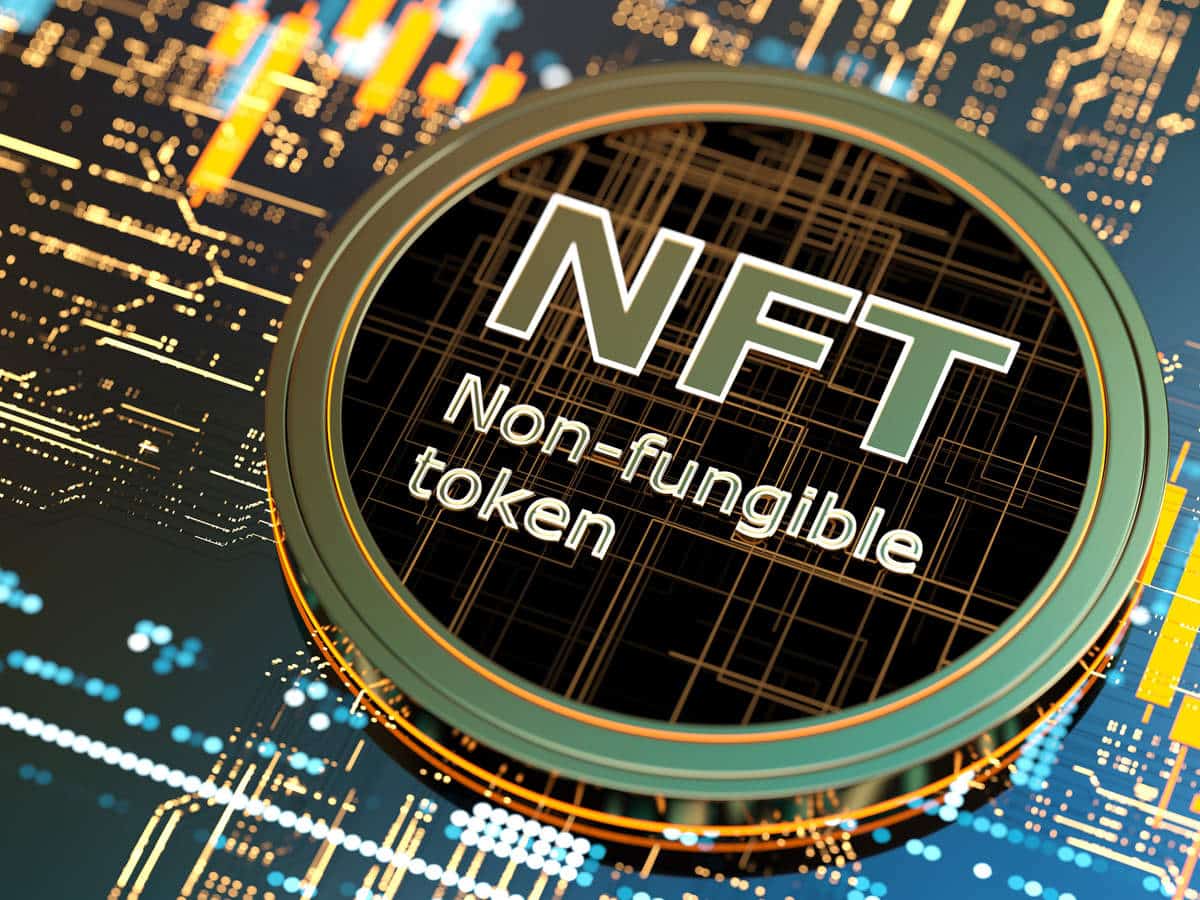About Non-Fungible Tokens (NFTs):
- NFTs are unique cryptographic tokens that exist on a blockchain and cannot be replicated.
- They can represent digital or real-world items like artwork, photograph, song, video, real estate, individuals’ identities, property rights, and more.
- Thus, NFTs are assets that have been tokenized via a blockchain. They are assigned unique identification codes and metadata that distinguish them from other tokens.
- The term ‘non-fungible’ simply means that each token is different as opposed to a fungible currency such as money (a ten-rupee note can be exchanged for another and so on).
- NFTs can be traded and exchanged for money, cryptocurrencies, or other NFTs—it all depends on the value the market and owners have placed on them.
- NFT transactions are recorded on blockchains, which is a digital public ledger, with most NFTs being a part of the Ethereum blockchain.
- NFTs became popular in 2021, when they were beginning to be seen by artists as a convenient way to monetise their work.
What is Blockchain Technology?
- A blockchain is essentially a digital ledger of transactions that is duplicated and distributed across the entire network of computer systems on the blockchain.
- Each block in the chain contains a number of transactions, and every time a new transaction occurs on the blockchain, a record of that transaction is added to every participant’s ledger.
- Decentralized blockchains are immutable, which means that the data entered is irreversible.
- This means if one block in one chain was changed, it would be immediately apparent it had been tampered with.
Q1) What are Cryptocurrencies?
A cryptocurrency is a digital or virtual currency secured by cryptography, which makes it nearly impossible to counterfeit or double-spend. Many cryptocurrencies are decentralized networks based on blockchain technology—a distributed ledger enforced by a disparate network of computers. A defining feature of cryptocurrencies is that they are generally not issued by any central authority, rendering them theoretically immune to government interference or manipulation.
Source: Google unveils NFT policy for Play Store to incorporate tokens into games
Last updated on November, 2025
→ Check out the latest UPSC Syllabus 2026 here.
→ Join Vajiram & Ravi’s Interview Guidance Programme for expert help to crack your final UPSC stage.
→ UPSC Mains Result 2025 is now out.
→ UPSC Notification 2026 is scheduled to be released on January 14, 2026.
→ UPSC Calendar 2026 is released on 15th May, 2025.
→ The UPSC Vacancy 2025 were released 1129, out of which 979 were for UPSC CSE and remaining 150 are for UPSC IFoS.
→ UPSC Prelims 2026 will be conducted on 24th May, 2026 & UPSC Mains 2026 will be conducted on 21st August 2026.
→ The UPSC Selection Process is of 3 stages-Prelims, Mains and Interview.
→ UPSC Result 2024 is released with latest UPSC Marksheet 2024. Check Now!
→ UPSC Prelims Result 2025 is out now for the CSE held on 25 May 2025.
→ UPSC Toppers List 2024 is released now. Shakti Dubey is UPSC AIR 1 2024 Topper.
→ UPSC Prelims Question Paper 2025 and Unofficial Prelims Answer Key 2025 are available now.
→ UPSC Mains Question Paper 2025 is out for Essay, GS 1, 2, 3 & GS 4.
→ UPSC Mains Indian Language Question Paper 2025 is now out.
→ UPSC Mains Optional Question Paper 2025 is now out.
→ Also check Best IAS Coaching in Delhi

















